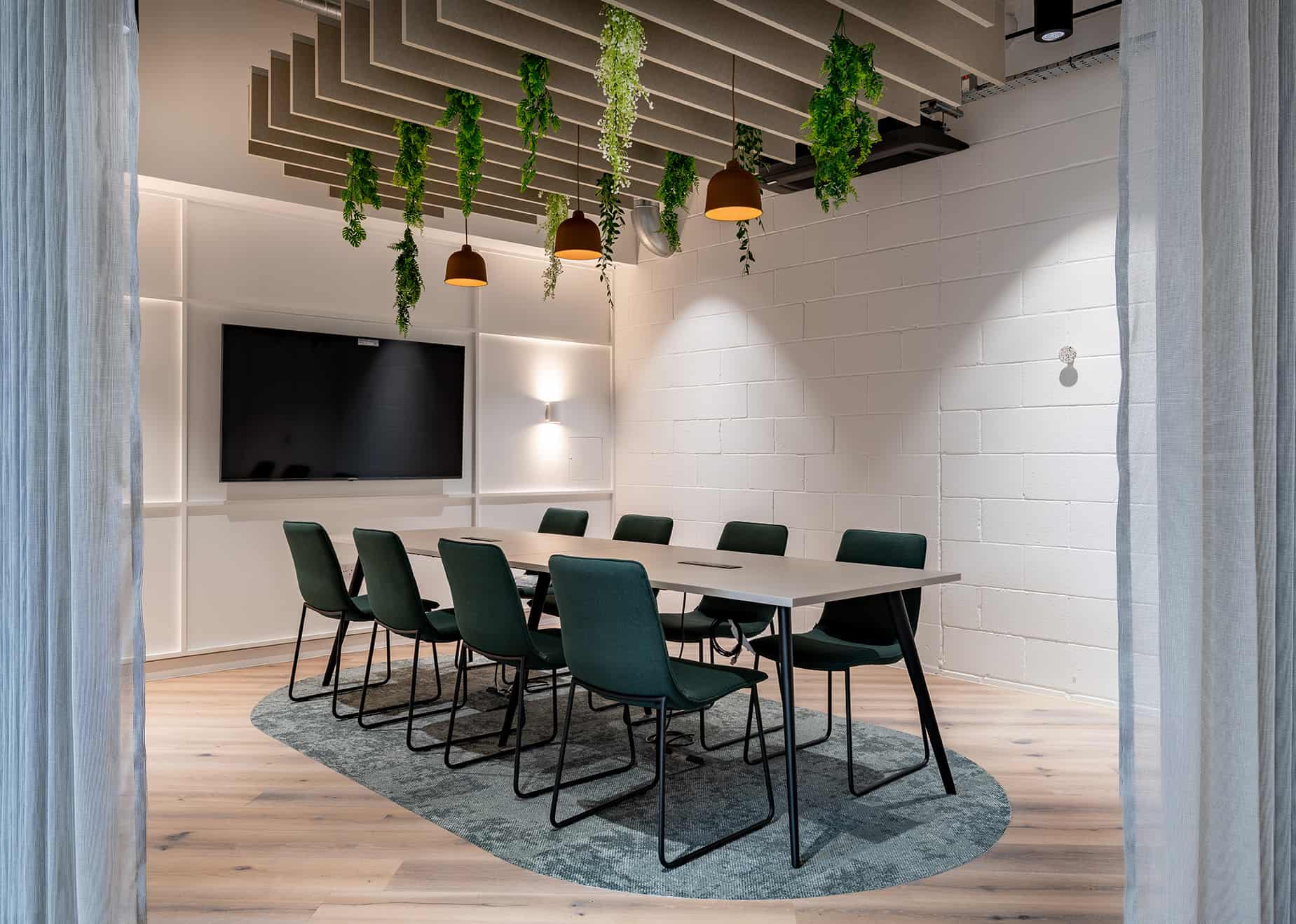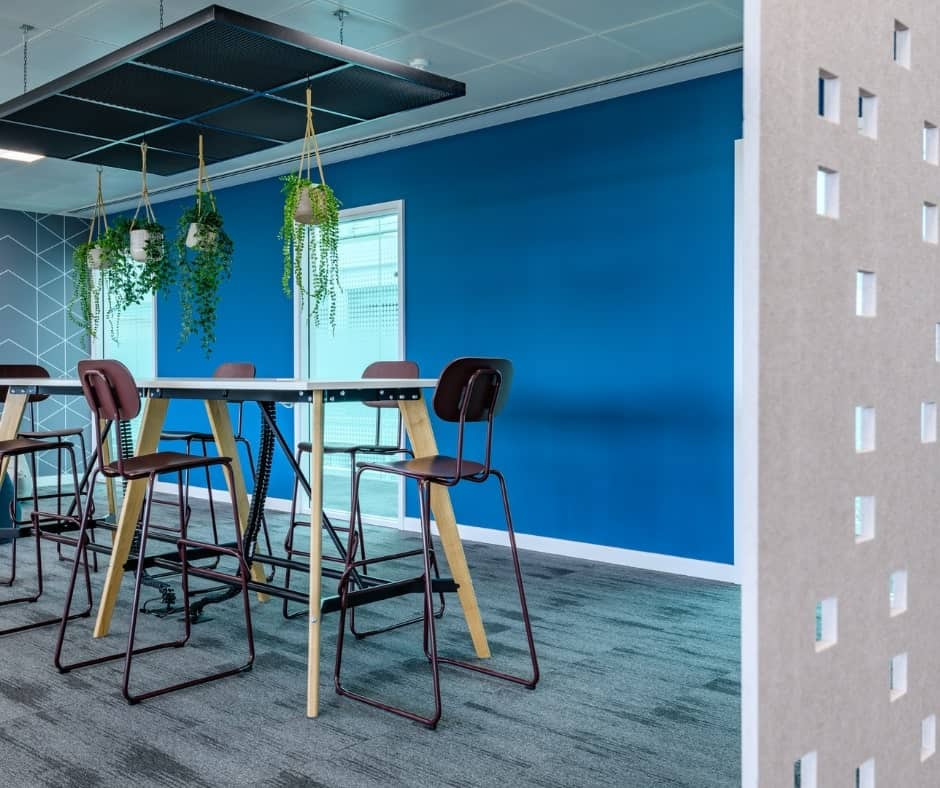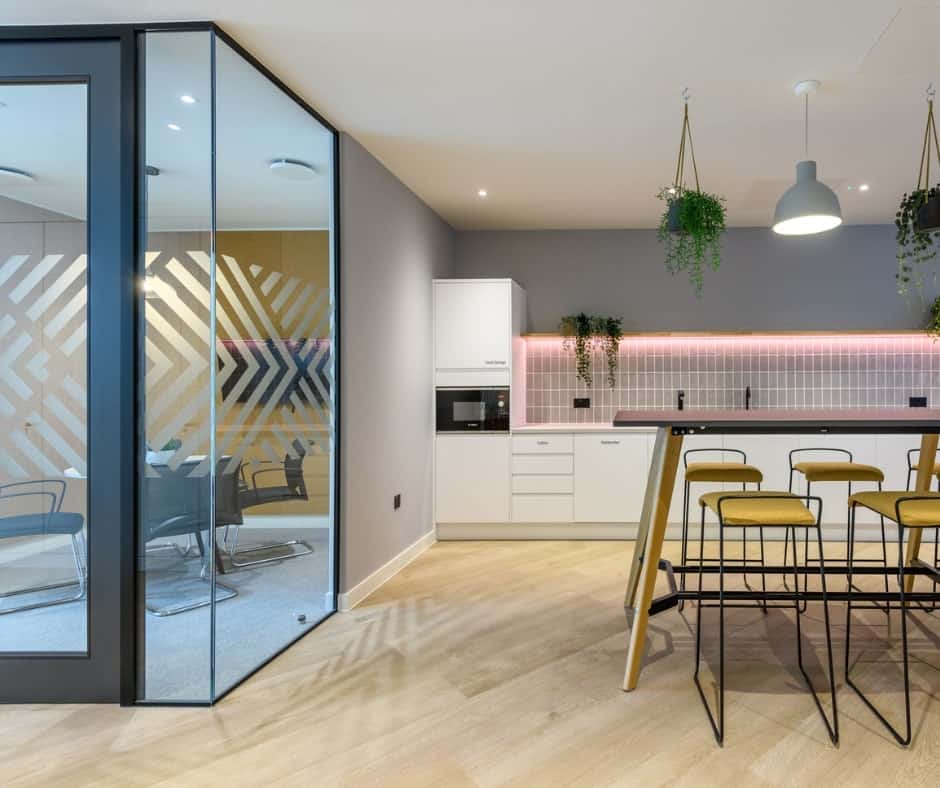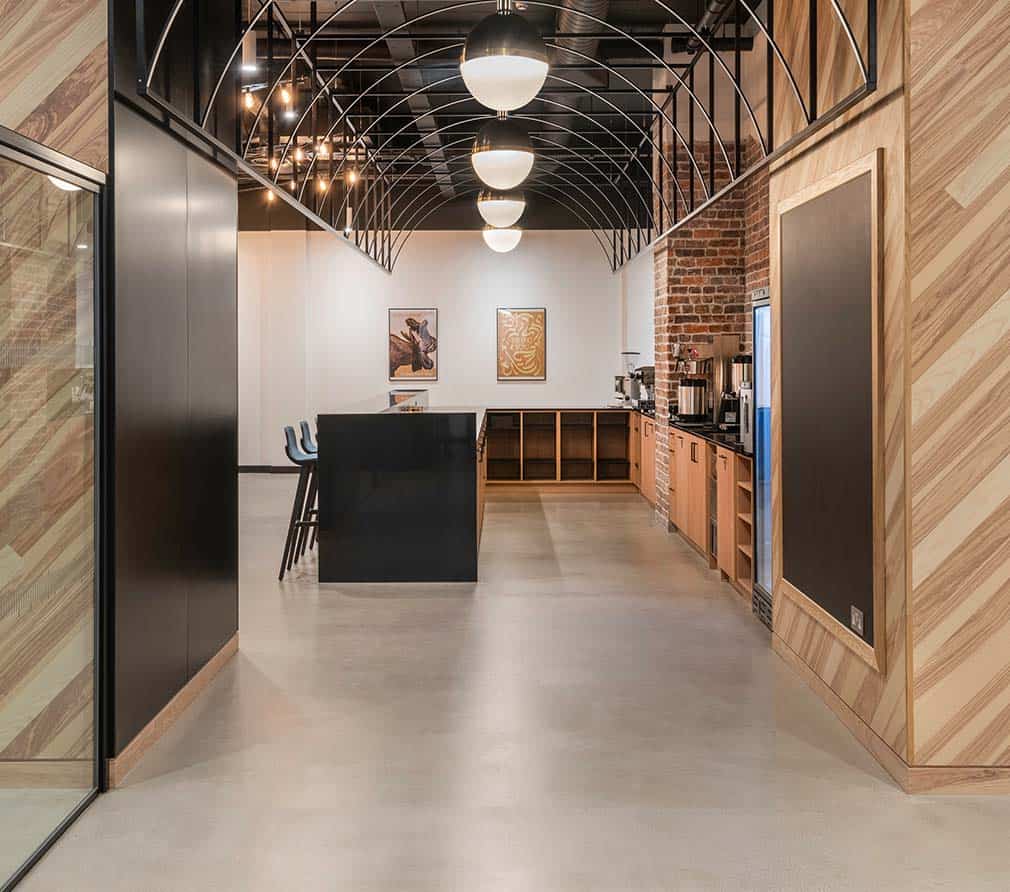Did you know that the typical small-to-medium enterprise (SME) in the UK is responsible for generating an average of 15 tonnes of CO2 equivalent (tCO2e) every year?
We all try to make more sustainable choices in our personal lives, but it’s also important to reassess the places we go to work every day. If you’re concerned about your workplace’s carbon footprint, making a few small changes could make a big difference.
Here are 10 sustainable choices to consider:
1. Encouraging Eco-Friendly Travel to Work Schemes
Driving to work every day could be one of the biggest chunks of personal carbon emissions a person creates. Employers should encourage their teams to explore more eco-friendly methods of transportation and put incentives in place that make these options more attractive.
For example, encouraging carpool schemes, creating a cycle-to-work scheme, or offering discounts and rewards for people buying electric vehicles can make a big difference.
2. Choose Power-Saving Equipment
Investing in appliances and equipment that don’t require as much energy is another important component in creating an eco-friendly office.
Choose certified equipment like computers, laptops, and kitchen appliances that consume less energy without compromising on performance. You can also introduce motion-sensor lightbulbs that only turn on when needed and encourage your employees to unplug their devices when they leave to cut down on unnecessary energy consumption overnight.
3. Think About Where You Get Your Supplies From
When you’re buying pens, folders, and notebooks for your employees, don’t just go for the cheapest cost items. Try to buy from eco-friendly office supply stores, and look for items that have been recycled, don’t use plastic, or can be disposed of in an eco-friendly way after use.
4. Bring In Some Greenery
Adding a few lush green plants to your office not only brightens up the space and makes it look nice, but it can result in a range of physical health benefits.
Office plants have been proven to reduce stress, improve creativity, and boost the attention span of your employees – they can also improve the air quality in your office.
5. Save Water in The Kitchen and Bathrooms
Water conservation is an important element of sustainability. It’s also relatively easy to achieve with a few carefully considered changes.
Installing a bottle-less water dispenser in your kitchen area means that your employees can quickly fill up their reusable bottles every time they need a drink, without having to buy a new plastic bottle each day.
Similarly, you should make sure to turn off taps, promptly fix leaks, and install faucets and toilets that minimise water consumption.
6. Encourage Eco-Conscious Practices
Educating and training your employees on how to be more sustainable is an important task that will ensure they follow your new eco-conscious policies.
Not everyone understands how they can make a difference, but when they are told what to do, chances are they will be happy to follow the new rules.
7. Switch To Energy Efficient Lighting
Your lighting choices may be the biggest contributor to office carbon emissions, but doing something as simple as switching to LED bulbs could cut your emissions down significantly.
Compared to traditional fluorescent bulbs, LED lights last longer, emit less heat, and consume much less energy, making them the more sustainable lighting choice. For additional energy savings, integrate these bulbs with a motion sensor system too.
8. Consider Your Workplace Furniture
Choosing furniture is important once your architect has designed your workplace. You might just buy everything in bulk from an online supplier, but these pieces of furniture may be made from unsustainable materials and create a lot of emissions in the process of being shipped to you.
Trying to buy locally, or getting your pieces second-hand, is the best way to go about an office redesign if you want to be conscious of the environment. Older pieces and discarded materials can also be upcycled to add personality to your space.
9. Go Paperless
In the age of Google Drive and cloud computing, there’s no real need to print off long documents at the office anymore.
Encourage your office to go completely paperless; not only will it save you money on office supplies but it will make a big difference to your energy consumption, too.
10. Implement Waste, Recycling, and Compost Bins
People may know that recycling is important, but many of us are still confused about how to correctly dispose of our rubbish.
Have clearly labelled bins in your office which outline exactly what should be placed in the general waste, recycling, and compost bins.
If you need more help or additional tips, get in touch with our team today.








